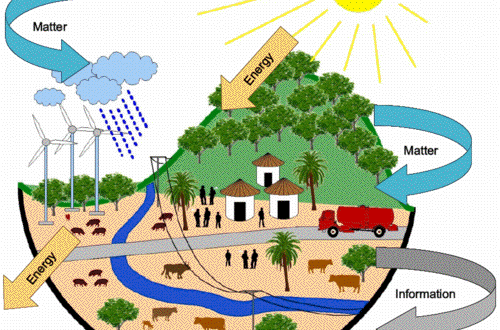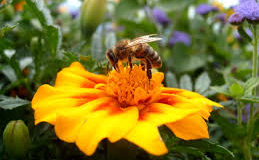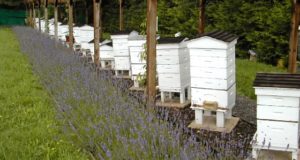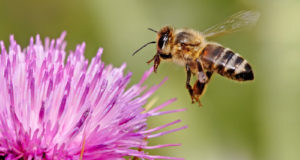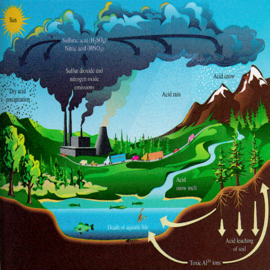
Understanding lake turnover is essential to every fisherman. Generally, every lake experiences a lake turnover twice a year. This is the period during which surface water moves to the bottom and bottom water moves to the surface. It happens in the spring and fall. As the temperatures are disturbed greatly, so are the fish residing in the lake. Once you understand how each turnover affects existing fish, and the fish species expected at that particular time, you will be in a better position to succeed.
During spring turnover, the water at the surface thaws and begins to warm. Once temperatures get to 39 degrees, the water moves to the bottom and the bottom water comes to the top. The process keeps repeating itself until a constant temperature is achieved throughout the lake. At the beginning of the process, fish will be in the shallows where the water is warm. Generally, water in the shallows warms faster than in the deeper parts of the lake. You are likely to catch a substantial amount of fish in the shallows at this time.
During fall turnover, the usually warm water on the surface gets cool as there is no sun to heat it up. This season is characterized by strong autumn winds, which push the water n the surface so that the waters in the different parts of the lake mix. This process balances the levels of temperature and oxygen throughout the entire lake so that fish can move freely from one end of the lake to the other. It is a tricky time to fish as locating fish is usually very hard.
At the onset of summer, the waters will be divided into a cool layer beneath and a warm layer on top. Fish prefer the cool waters but will need higher oxygen levels which are found in the warm layers. They therefore settle in the thermocline, the area between the cool and warm waters. This is the area you should target when fishing during summer.

Source by Jim Johannasen
 Vitamin Agent The Health & Naturalistic Source
Vitamin Agent The Health & Naturalistic Source
